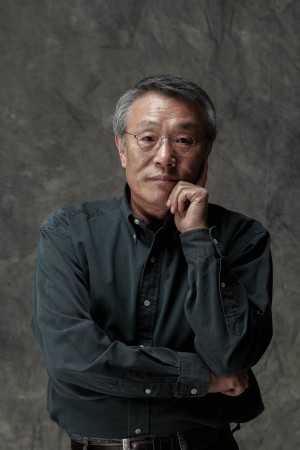
The Old Garden
2000
First Published
4.00
Average Rating
544
Number of Pages
Political prisoner Hyun Woo is freed after eighteen years to find no trace of the world he knew. The friends with whom he shared utopianist dreams are gone. His Seoul is unrecognizably transformed and aggressively modernized. Yoon Hee, the woman he loved, died three years ago. A broken man, he drifts toward a small house in Kalmoe, where he and Yoon Hee once stole a few fleeting months of happiness while fleeing the authorities. In the company of her diaries, he relives and reviews his life, trying to find meaning in the revolutionary struggle that consumed their youth-a youth of great energy and optimism, victim to implacable history. Hyun Woo weighs the worth of his own life, spent in prison, and that of the strong-willed artist Yoon Hee, whose involvement in rebel groups took her to Berlin and the fall of the wall. With great poignancy, Hwang Sok-yong grapples with the immortal questions-the endurance of love, the price of a commitment to causes-while depicting a generation that sacrifi ced youth, liberty, and often life, for the dream of a better tomorrow. Born in 1943, Hwang Sok-yong is a Korean writer of world renown and the recipient of numerous international awards and honors. His work, which grapples with the troubled recent history of his divided country, has been the cause of his imprisonment, his exile, and finally that rare achievement of a wide readership and appreciation in both North and South Korea. The Old Garden is, by the author's own admission, his most deeply auto biographical work.
Avg Rating
4.00
Number of Ratings
319
5 STARS
34%
4 STARS
40%
3 STARS
21%
2 STARS
4%
1 STARS
2%
goodreads
Author

Hwang Sok-yong
Author · 15 books
소설가 황석영 He was born in Hsinking (today Changchun), Manchukuo, during the period of Japanese rule. His family returned to Korea after liberation in 1945. He later obtained a bachelor's degree in philosophy from Dongguk University (동국대학교). In 1964 he was jailed for political reasons and met labor activists. Upon his release he worked at a cigarette factory and at several construction sites around the country. In 1966–1969 he was part of Korea’s military corps during the Vietnam War, reluctantly fighting for the American cause that he saw as an attack on a liberation struggle.